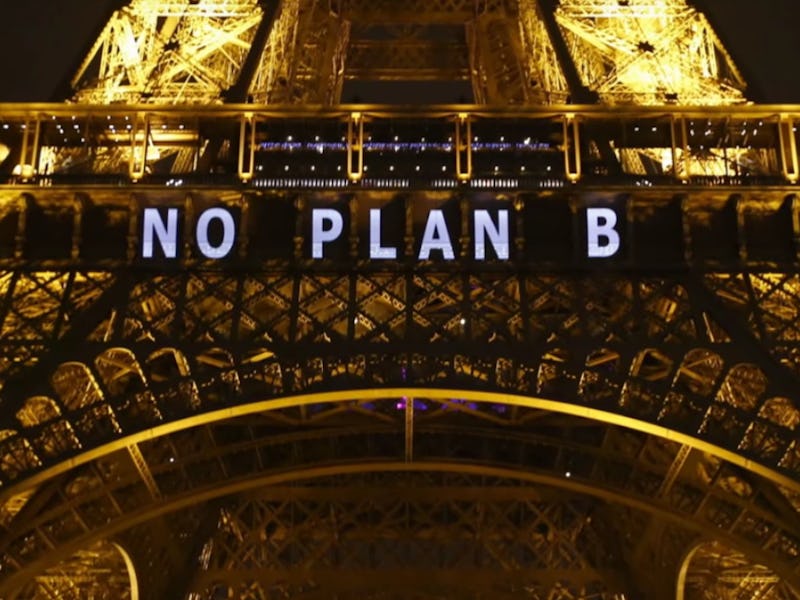Twitter Bots Are Trolling Climate Change Discussions: Analysis Shows How
"You can really manipulate a conversation with a dozen or two dozen accounts."

Twitter bots are trolling climate change discussions ahead of the UN climate summit in New York on September 23.
According to Bot Sentinel, a “platform developed to detect and track political bots, trollbots, and untrustworthy accounts,” there was a major uptick in bots tweeting about climate change during CNN’s climate town hall on September 4, and there has been continued bot activity surrounding climate change conversations since.
Michael Mann, a renowned climate scientist at Pennsylvania State University, told Inside Climate News that he has been receiving a lot of tweets from bots lately, and that he believes the uptick could be a “concerted effort” to spread climate science denial by fossil fuel companies, or political groups, with the climate summit just around the corner.
"You can really manipulate a conversation with a dozen or two dozen accounts
Christopher Bouzy, the founder of Bot Sentinel, tells Inverse that his platform uses machine learning and A.I. to “classify certain types of behavior” to identify bots. Bouzy says many of these accounts are what he calls “trollbots,” which are accounts that are directed by a human and focus on trolling people who are discussing certain topics.
Bouzy says there has been a lot of activity surround climate change discussions lately, and he says the accounts are mostly conservative-leaning, but there are also accounts spreading climate science denial that appear to be to the left politically. He says once an account gets a decent amount of followers, it’s not hard for it to manipulate a political discussion.
“You can really manipulate a conversation with a dozen or two dozen accounts. It just depends on what it is you’re trying to manipulate,” Bouzy says.
See also: YouTube’s Dangerous Role in Climate Change Miseducation Revealed in Study
Obviously a lot of people are passionate about fighting climate change, so it’s not too hard to get people heated if that’s what you’re trying to do. Just distracting someone by tweeting false information at them can throw off the whole discussion.
Donald Trump visits Andeavor Refinery in North Dakota in 2017
“I think, with this, the culprit might be nations that would benefit from this information being out there and/or corporations, as well,” Bouzy says.
Because Bouzy and his team do not have access to IP addresses and other data that would help them identify who is behind these accounts, they are unable to figure out if this is a coordinated effort coming from one source or a number of sources. That said, they do see that many of these accounts interact with each other and often tweet very similar things.
“I can say with fair certainty that a lot of this is coordinated, but I couldn’t say it’s this country or this organization,” Bouzy says.
What is clear is that Twitter is teaming with bots that are trying to influence the climate debate by spreading bad information and making those who are experts on climate change less apt to speak out. You might be less likely to talk about climate change if you know you’re going to be under attack the second you do.
See also: The Solution to Climate Change is Humiliating the Right People
“Based on what I’ve heard, a lot of these researchers and scientists—once they tweet something, they’re just swarmed by people who are attacking them,” Bouzy says.
It’s hard to believe an oil company would hire someone to manage bot accounts just to troll people who understand and accept climate science, but it wouldn’t be the first time these companies have tried to drown out climate scientists.